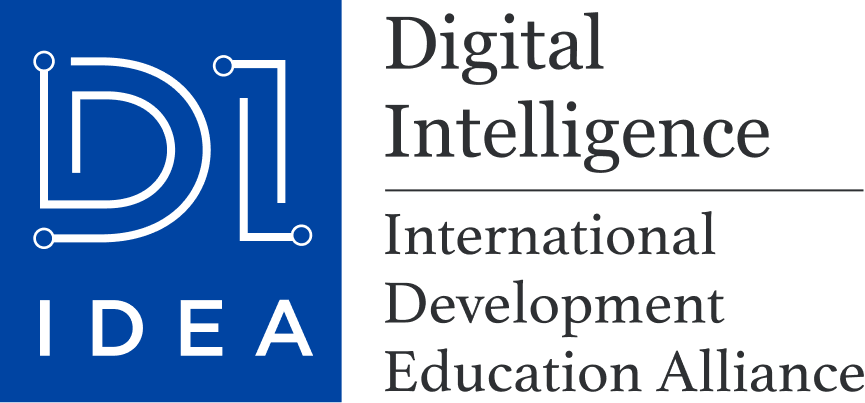In March 2024, Zhejiang University established the AI Education Research Center, aiming to develop a multi-level, high-quality general AI curriculum for both undergraduate and postgraduate students, and to advance AI textbooks, practical teaching methods, and faculty development. The curriculum comprises two main components:
1. AI+X Interdisciplinary Courses: This group includes at least 100 courses that deeply integrate AI with various disciplines. It allows students to explore new AI theories, technologies, and methods from an interdisciplinary perspective, broadening their academic horizons and enhancing their ability to innovate across fields.
2. General AI course: Designed for students from both STEM and Liberal Arts backgrounds, this group features various versions of the course “Introduction to Artificial Intelligence,” catering to different academic needs of students. Specifically, “Introduction to Artificial Intelligence (A)” focuses on STEM fields, emphasizing the integration of theory and practice to develop the students’ abilities to apply AI in solving specialized problems. “Introduction to Artificial Intelligence (B)” course is designed for liberal arts students with some programming background. This course covers fundamental AI principles and their applications in liberal arts fields. “Introduction to Artificial Intelligence (C)” targets liberal arts students without a programming background, focusing on basic AI knowledge, fostering interest in the subject, and instilling awareness of AI ethics and social responsibility.
At Zhejiang University, the “Introduction to Artificial Intelligence” course has established a systematic AI knowledge graph, consisting of 10 modules and 63 knowledge points. This comprehensive curriculum covers a broad range of content, from foundational theories to practical case studies. It is supported by extensive teaching resources, including over 2,000 minutes of instructional videos, nearly 1,000 pages of PowerPoint slides, and hundreds of practical exercises. These resources offer students a high-quality, immersive, and interactive learning experience.
